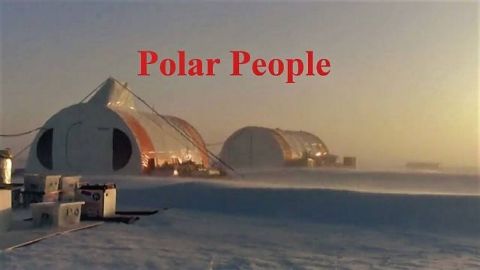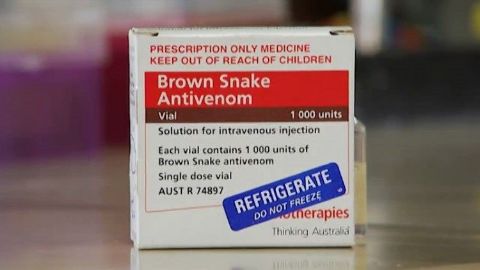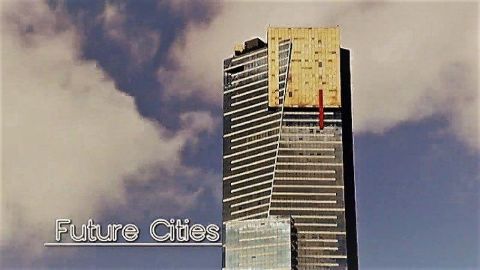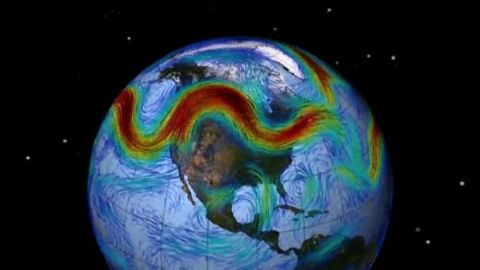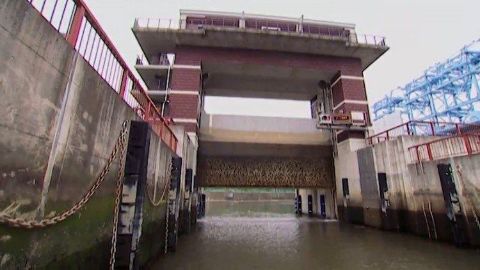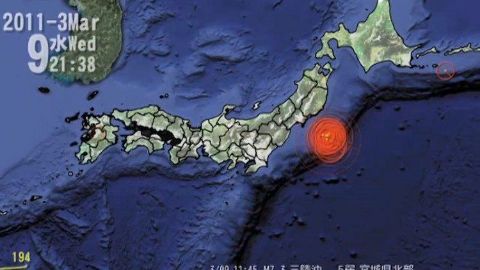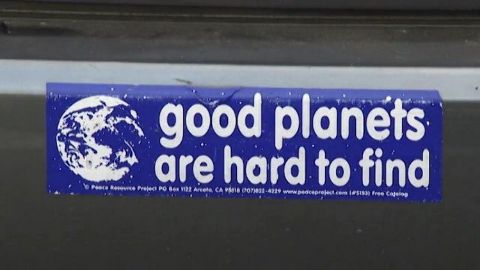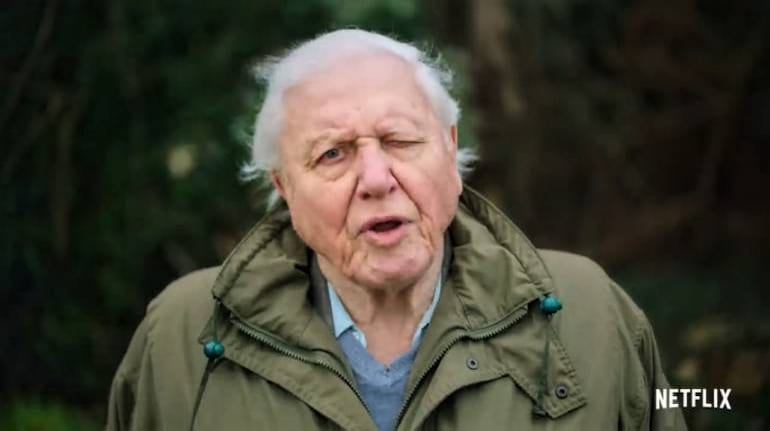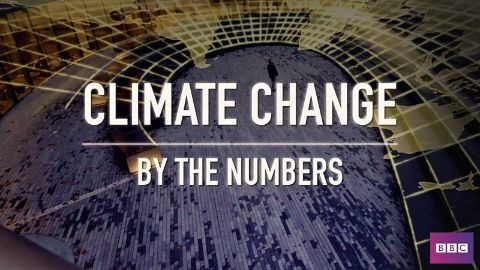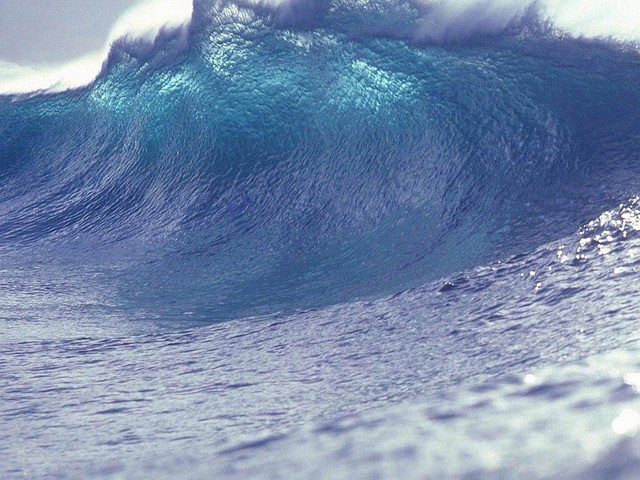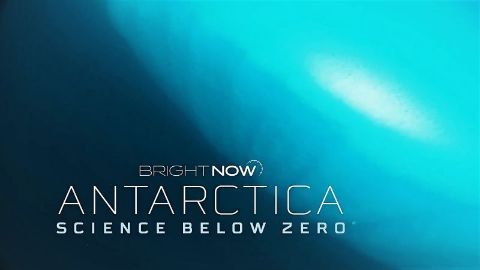Catalyst: Season 1 • 2015 • 10 episodes •
Each year, over 2000 people apply for jobs in Antarctica, but few are successful. What are the physical and psychological attributes required to work in the most remote location on Earth? Could you snag a job in sub-zero temperatures at an Antarctic station?
2015 • People
Thousands of chemicals are used in everyday products – in our water, our food and in the air we breathe. It’s the chemical soup of modern life and it’s virtually impossible to escape them. Is there adequate regulation and testing, or are we in the midst of an uncontrolled, human experiment?
2015 • Health
Good to know as you travel to the Antipodes - Australia has the most venomous snakes and spiders in the world. But, if you’re bitten, can you rely on anti-venom? Dr Graham Phillips investigates the effectiveness of anti-venom.
2015 • Health
It's amazing to think that in the 1900s a mere tenth of the world's population lived and worked in cities. Now it is over half. With soaring populations, how will we keep our cities live-able? And what will the city of tomorrow look like?
2015 • Environment
The promise of quantum computers is that what would otherwise take a billion years to calculate, could be done in a few seconds. First-generation quantum computers have started to appear. Indeed, earlier this year, Google bought one, The D-Wave 2. How will this advance change our future lives?
2015 • Technology
What is memory? How do our memories change from childhood to adulthood? How we can build up greater brain reserves to power our mind into old age? Brain epigenetics, how the expression of our DNA can be changed by our experiences, is an intriguing new area of science with huge health implications.
2015 • Brain
This special report looks at the domino effect of environmental and atmospheric factors that drive the globe to wetter, hotter, drier and colder extremes.
2015 • Environment
Fifty meters beneath the teeming mega-city of Tokyo is an underworld river system - 6.4km of tunnels, colossal water tanks, massive pillars, giant pumps that remove 200 tons of floodwater every second. It’s an engineering marvel built to protect Tokyo against the increasing threat of flooding.
2015 • Technology
By investigating the tell-tale signs of earthquakes and tsunamis written into the landscape over the last thousand years, Japanese scientists are rewriting the rule books for disaster prevention in the Pacific.
2015 • Environment
Is there anyone out there? Does the popular movie quote 'ET phone home' have any substance? Astronomers have been pointing their radio telescopes at the skies for decades trying to pick up alien signals. Hitch a ride as we join astronomers trawling through the galaxy looking for signs of life.
2015 • Technology
